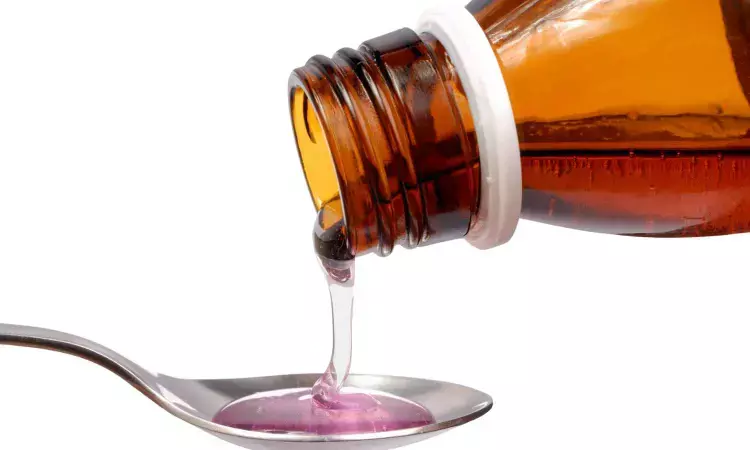- Home
- Medical news & Guidelines
- Anesthesiology
- Cardiology and CTVS
- Critical Care
- Dentistry
- Dermatology
- Diabetes and Endocrinology
- ENT
- Gastroenterology
- Medicine
- Nephrology
- Neurology
- Obstretics-Gynaecology
- Oncology
- Ophthalmology
- Orthopaedics
- Pediatrics-Neonatology
- Psychiatry
- Pulmonology
- Radiology
- Surgery
- Urology
- Laboratory Medicine
- Diet
- Nursing
- Paramedical
- Physiotherapy
- Health news
- Fact Check
- Bone Health Fact Check
- Brain Health Fact Check
- Cancer Related Fact Check
- Child Care Fact Check
- Dental and oral health fact check
- Diabetes and metabolic health fact check
- Diet and Nutrition Fact Check
- Eye and ENT Care Fact Check
- Fitness fact check
- Gut health fact check
- Heart health fact check
- Kidney health fact check
- Medical education fact check
- Men's health fact check
- Respiratory fact check
- Skin and hair care fact check
- Vaccine and Immunization fact check
- Women's health fact check
- AYUSH
- State News
- Andaman and Nicobar Islands
- Andhra Pradesh
- Arunachal Pradesh
- Assam
- Bihar
- Chandigarh
- Chattisgarh
- Dadra and Nagar Haveli
- Daman and Diu
- Delhi
- Goa
- Gujarat
- Haryana
- Himachal Pradesh
- Jammu & Kashmir
- Jharkhand
- Karnataka
- Kerala
- Ladakh
- Lakshadweep
- Madhya Pradesh
- Maharashtra
- Manipur
- Meghalaya
- Mizoram
- Nagaland
- Odisha
- Puducherry
- Punjab
- Rajasthan
- Sikkim
- Tamil Nadu
- Telangana
- Tripura
- Uttar Pradesh
- Uttrakhand
- West Bengal
- Medical Education
- Industry
After Toxic Syrup Deaths, Govt Mulls Ending OTC Sale of Cough Syrups Nationwide

New Delhi: India may soon restrict the sale of cough syrups strictly to doctor-prescribed use, as the Central Government is considering a major regulatory shift following a series of child deaths linked to contaminated formulations.
The proposal, currently before the Drugs Consultative Committee (DCC), seeks to end over-the-counter availability and tighten controls after multiple incidents in September where three cough syrup brands were found toxic, leading to alarming safety concerns.
Under the existing rules, cough syrups fall under Schedule K, a list of medicines that can be sold even without a full drug-sale licence. The DCC’s agenda now calls for a detailed review of this category, noting that recent episodes of contamination have exposed loopholes in oversight and distribution. Officials indicated that the committee is evaluating whether these products should be removed from Schedule K, which would automatically make a doctor’s prescription mandatory nationwide.
The uproar began when several children reportedly died due to contaminated syrups, including the widely discussed Coldrif, with two more brands—Respifresh TR and ReLife—also flagged as unsafe. The developments triggered a nationwide debate on the quality of paediatric formulations and the ease with which such syrups are sold across pharmacies.
States have already begun acting independently. In Maharashtra, the FDA launched a crackdown and issued notices to several medical stores accused of selling cough syrups without prescriptions. Kerala, too, has set up an expert committee to assess paediatric cough syrups and instructed pharmacies to dispense them to children only against a valid medical prescription.
As per a recent media report in the Moneycontrol, the DCC is formally examining whether cough syrups should continue to be sold without a doctor’s approval.
M. Pharm (Pharmaceutics)
Parthika Patel has completed her Graduated B.Pharm from SSR COLLEGE OF PHARMACY and done M.Pharm in Pharmaceutics. She can be contacted at editorial@medicaldialogues.in. Contact no. 011-43720751


